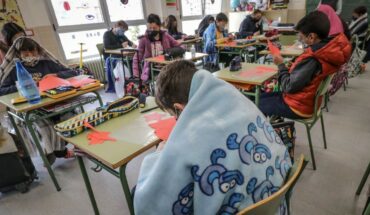TOKYO (AP) — The Government of Japan approved on Friday to remove South Korea from its list of countries with preferential commercial status. Seoul responded by summoning the Japanese ambassador to inform him that South Koreans can no longer consider Japan a friendly nation. The decision to expand controls on exports of sensitive products will enter into force on 28 August. The measure was taken after the approval of an earlier requirement for exports of Japanese companies to South Korea to be assessed on a case-by-case basis in the case of three materials used in semiconductors, smartphones and other high-tech, major South Korean exports.
Japanese Trade Minister Hiroshige Seko explained that the decision was necessary to “properly carry out export controls for national security reasons” and was based on South Korean ‘inadequate’ export controls. HELP US Click the Google News star and follow usSending the rising tensions between the two neighboring nations, the initiative will impact the high-tech sector and supply chains that are already affected by the commercial tensions between The United States and China.La loss of preferential commercial status will apply to dozens of products more than a list of items that could be converted into weapons. This is in addition to the more than 200 goods that require individual inspections before being shipped abroad. To stop considering South Korea a “white country” also means that Tokyo could limit exports of any product on grounds of national security. Before participating in a meeting of his government to discuss Japanese measures, South Korean President Moon Jae-in promised a stern response to the Japanese authorities’ rebutting their trade status. The initiative was an attempt by Tokyo to contain South Korean economic growth and damage global supply chains, he said. Moon also accused Japan of retaliating following the rulings of South Korean courts ordering Japanese companies to compensate South Koreans for forced labor during the Japanese colonization of the peninsula, between 1940 and 1945, coincided with World War II.” Between Korea and Japan there are deep wounds because of our unfortunate history. However, our two countries have long struggled to heal wounds using stitches, medicines and bandages. However, if Japan, the aggressor, reopens old wounds after so long, an international community aware of the facts will never allow it. Japan must face this directly,” Moon said.





